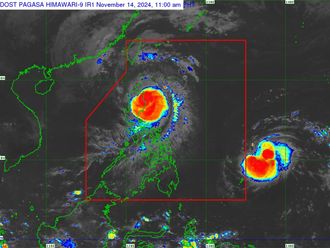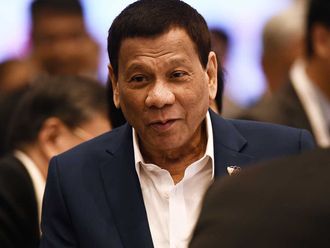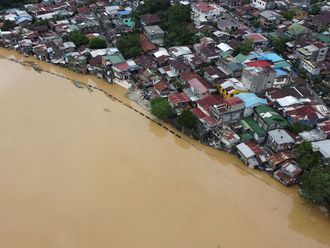Manila: More than two decades after Filipinos ratified their present constitution, Congress has yet to pass a law that will eradicate political dynasties, a lawmaker lamented.
Political dynasties have largely been blamed for stunting the country’s political development, and Representative Mary Mitzi Cajayon, of suburban Caloocan City’s second congressional district, said the Chamber has yet to pass an enabling law that would define political dynasties, despite the unanimous ratification of the 1987 Constitution, .
She said that the principle and policy that was enshrined in the Constitution says that: “The State shall guarantee equal access to opportunities for public service and prohibit political dynasties as may be defined by law.”
“Constitutional imperative is significant as the perpetuation of political dynasties can undermine the quality of democracy and economic development. This grotesque political phenomenon in the country has in fact engendered inequality which tends to further the vicious cycle of poverty of our people,” said Cajayon.
Cajayon, chair of the House Committee on Globalisation, believes political dynasties can lead to extremes in the exercise of power that undermine the emergence of a strong state and the implementation of wide-ranging public policies beneficial to all.
For this reason, Cajayon submitted House Bill 6660 or the proposed “Anti-Dynasty Act.”
The measure defines a political dynasty as the “concentration, consolidation or perpetuation of public office and political power by persons related to one another.”
“No spouse or person related within the second degree of consanguinity or affinity, whether legitimate or illegitimate, to an incumbent elective official shall be allowed to hold or run for any elective office in the same province in the same election,” the measure states.
In the Philippines, the existence of political families holding power over defined locales is a norm rather than an exception. Political clans will continue to hold on to power no matter what cost as exemplified in the frequent political-related killings, the worse of which was the November 2009 massacre of 58 people in Maguindanao.
The so-called Maguindanao Massacre took place ahead of the 2010 presidential elections in a resource rich province where political clans hold sway and a semi-feudal socio-economic structure exists.
The Philippines has dozens of political families whose hold on power lasts for several decades.











